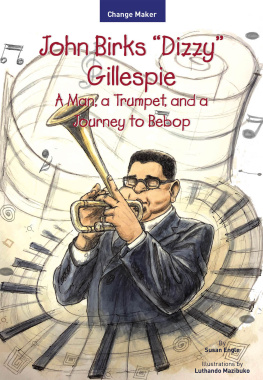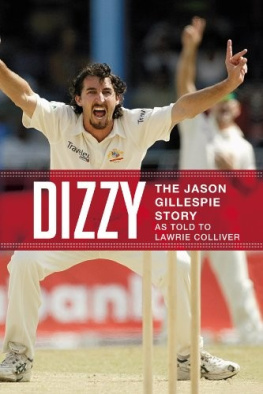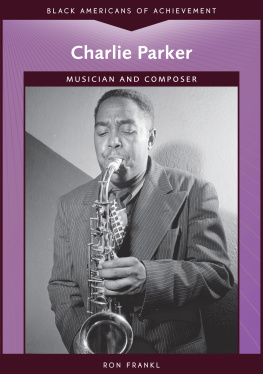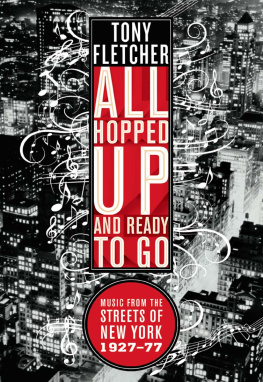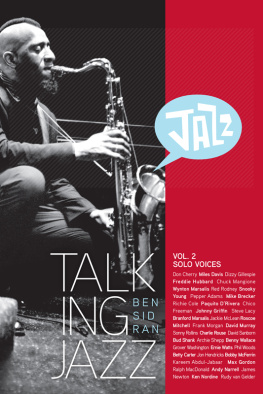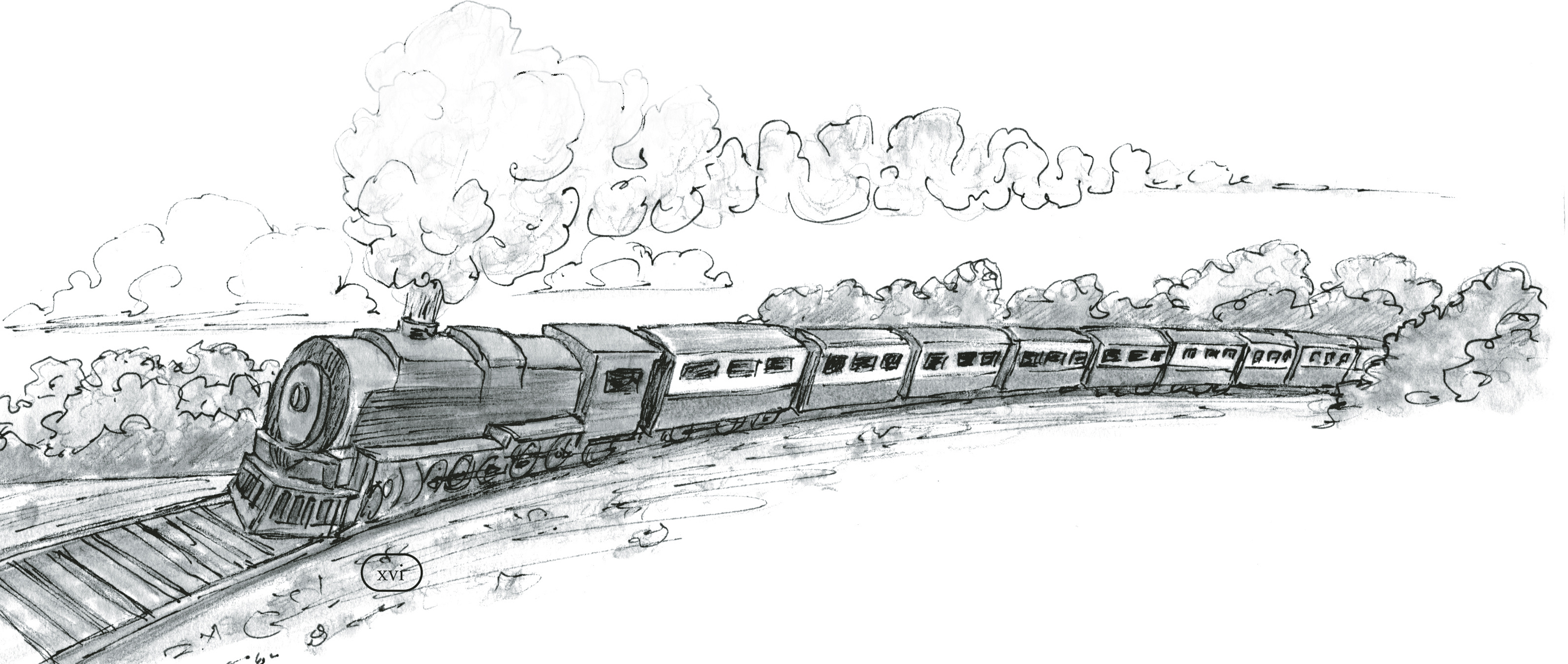Bellwood Press, Wilmette, Illinois
401 Greenleaf Ave, Wilmette, Illinois 60091
Copyright 2019 by Susan Engle
All rights reserved. Published 2019
Printed in the United States of America
22 21 20 19 1 2 3 4
Library of Congress Cataloging in Publication Data
Names: Engle, Susan, author.
Title: John Birks Dizzy Gillespie : a man, a trumpet, and a journey to bebop / Susan Engle.
Description: Wilmette : Bellwood Press, 2019. | Series: Change maker |
Includes bibliographical references. | Audience: Ages 1115 | Audience:
Grades 79
Identifiers: LCCN 2019040949 (print) | LCCN 2019040950 (ebook) | ISBN
9781618511539 (paperback) | ISBN 9781618511553 (ebook)
Subjects: LCSH: Gillespie, Dizzy, 19171993Juvenile literature. | Jazz
MusiciansUnited StatesBiographyJuvenile literature. | Trumpet
playersUnited StatesBiographyJuvenile literature.
Classification: LCC ML3930.G47 E65 2019 (print) | LCC ML3930. G47 (ebook)
| DDC 788.9/2165092 [B]dc23
LC record available at https://lccn.loc.gov/2019040949
LC ebook record available at https://lccn.loc.gov/2019040950
Cover art and illustrations by Luthando Mazibuko, copyright by the National Spiritual Assembly of the Bahs of the United States Book design by Patrick Falso
For those who, like Dizzy, have generously showered their musical gifts upon all alike, regardless of the color of the listeners skin.
Contents
Dizzy Gillespies life reminded me of a tornado. He was so busy playing trumpet and learning new skills that he was in constant motion and only seemed to stop whirling to sleep when it was absolutely necessary. Happily, you can get a visual taste of his personality and energya list of some of my favorite videos of him performing can be viewed later in the book.
As I continue to learn and write about the lives of African Americans who were Change Makers and made a positive impact on our society, I am grateful for the women and men who have voluntarily shared their strength and vulnerability and have educated me and other white people about what it is like to wake up black in the United States. No one has the right to ask for the generosity of spirit Ive been shown from black friends, neighbors, and educators. I appreciate the toll this emotional labor can exact and have learned so much from their experiences.
My daughters Layli Phillips and Bahiyyih Baker have faithfully served as first readers and editors, and they continue to offer encouragement to me along the way. I am grateful for the work of Christopher Martin of Bellwood Press, who shares his editorial skills so patiently and thoroughly.
I will always be thankful to Bonnie Taylor for directing me down the path to writing biographies of heroes for kids. There are many treasures to find in the lives of people who published groundbreaking newspapers, pioneered the art of jazz, created moving poetry, and inspired others in ways that changed the world for the better. My hope is that readers of this book will find a whirlwind of inspiration to develop their own talents and to help shape a peaceful future for our planet.
He just couldnt sit still. Usually, this was because there was music going on in the room or in his head. But today, he was getting ready to make a trip to two big cities up north. Tomorrow, he, his brothers, and his mother would all get on the train. His father had saved enough money for part of the family to travel. Despite his restlessness, the young boy couldnt stop smiling.
The smell of chicken frying, along with bread and pie baking, didnt calm him one bit. He knew that taking home-cooked food was important on such a long trip. The train was divided between cars for white people and cars for black people, and good food wasnt provided for the second group. The boy had been told that even if he got lucky, he would only find some dried-up old ham sandwiches. Never mind. He wouldnt get better tasting food than the yummy goodies that his friends and family were helping prepare in the kitchen.
All the talk and laughter made him think of his grandpa, Paw, who lived in his own little house at the end of the yard. Paw knew how to make people laugh. He would tell a funny story, and as he went along, his voice would become louder and louder and louder. When he delivered the punchline, he looked as if he were shouting, but his voice was only a whisper. Every time, friends and family who had gathered around and were listening to Paw would double over with laughter. The boy absolutely loved Paws comedy, and he had decided to work on being funny along with playing the music that was constantly jumping around in his brain. Tomorrow, at the end of the train ride, when he could tune in to some radio stations, he was going to listen to some jazz. That music felt as alive as he was and always inspired him.
He was going to spend a whole summer in Philadelphia and New York! The population of his hometown of Cheraw, South Carolina, was smallonly about three thousand five hundred people were living there when he was born. He had often wondered if things were even a little different up north.
Well, he was now eight years old, and he was about to see for himself. The long days of preparation for the journey finally came to an end. At the station, the train made all of its exciting loud noises and squealed to a stop. It was hard for an excited boy to stay far enough away from the tracks to keep from getting crushed by the huge wheels. He managed to climb aboard with a happy heart and all his limbs intact. Half of his family was off to stay awhile with his Aunt Rose and Uncle Henry!
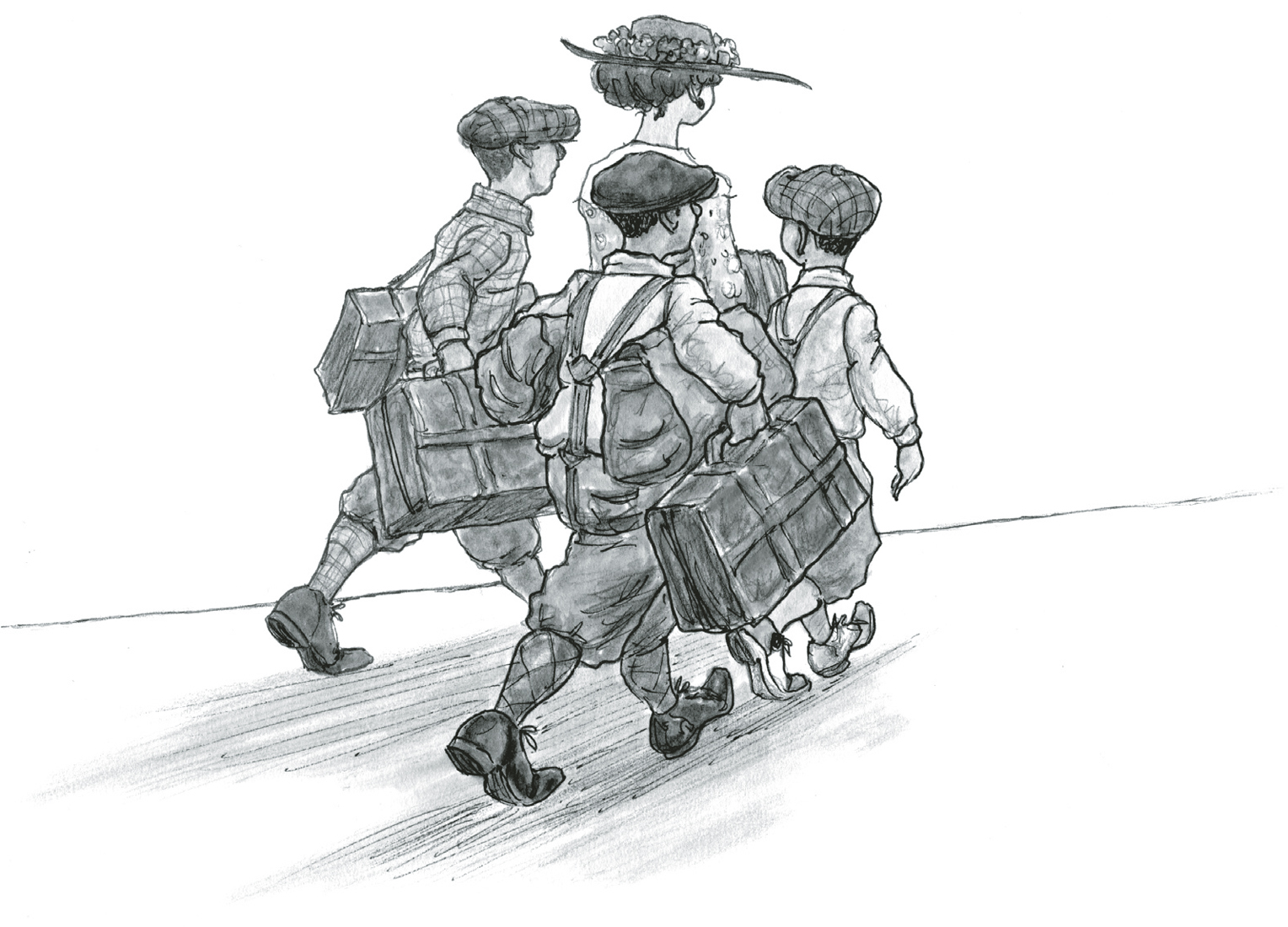
The visit was wonderful. His aunt often left extra fruit on the kitchen table for him and his brothers, and she and her husband took the family by trolley to a picnica big picnic with free ice cream. He tried every flavortwelve or thirteen in all, and he would always remember that the person serving up the scoops was white. This friendly fellow smiled at all the people who came by, regardless of their skin color. Just as amazingly, all the childrenblack and white alikewere playing baseball and laughing together.
So it was truethere was a little bit of paradise up north. He would never forget this experience. When he was old enough and the time was right, he was determined to head away from his hometown and never look back. He could hardly wait.
John Birks Gillespies parents had a total of eleven children. The oldest, Sonny, left home when John was about five. Two other brothers fled to escape Papa Gillespies temper. That left six childrenthree sisters and two brothers plus John, who was the youngestto fill up the house during the years when John was going to school.
Mama Gillespie, whose name was Lottie, was warm and loving in her approach to raising children. Perhaps that gave her lots of empathy for her little ones, whom she cared for at home for so many years.
Papa Gillespie was a hard worker. He was a bricklayer during the week and a piano player in a band on the weekends.
Even though Papa had kind moments, he also had a lot of pent-up anger inside him. He roared when he talked,
In spite of his fear of his father, John remembered the joy of handling Papas musical instruments that were stored in the house during the week: a guitar, a mandolin, a clarinet, a big bass violin with only one string, a drum set, and a piano. John had plenty of opportunities to play, to listen, and to learn how to make sounds on them all. He especially loved the drums and the piano, which he played with two fingers as a young child. He worked out a tune when he was four years old and would bang it out on the keys that he could barely reach.

